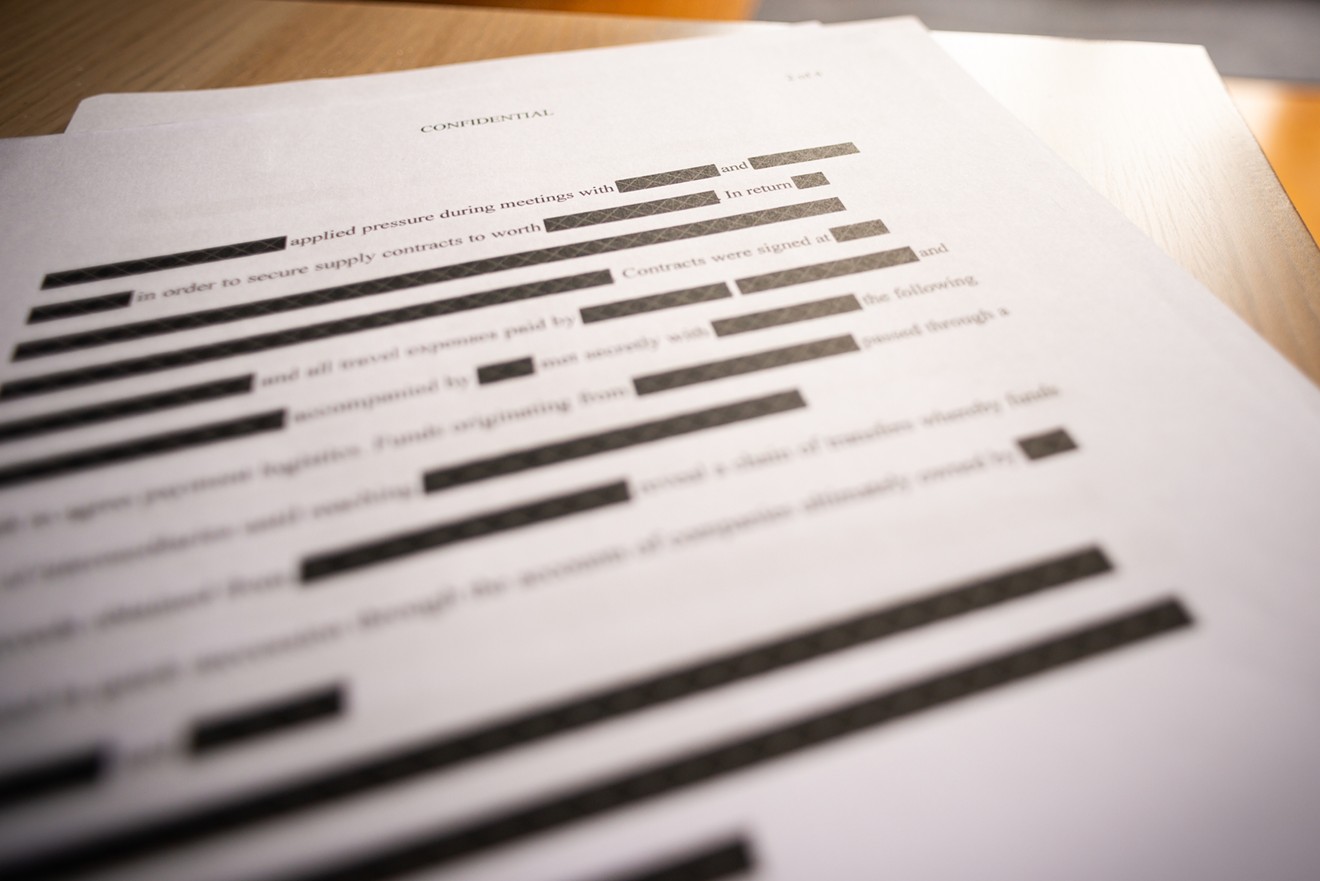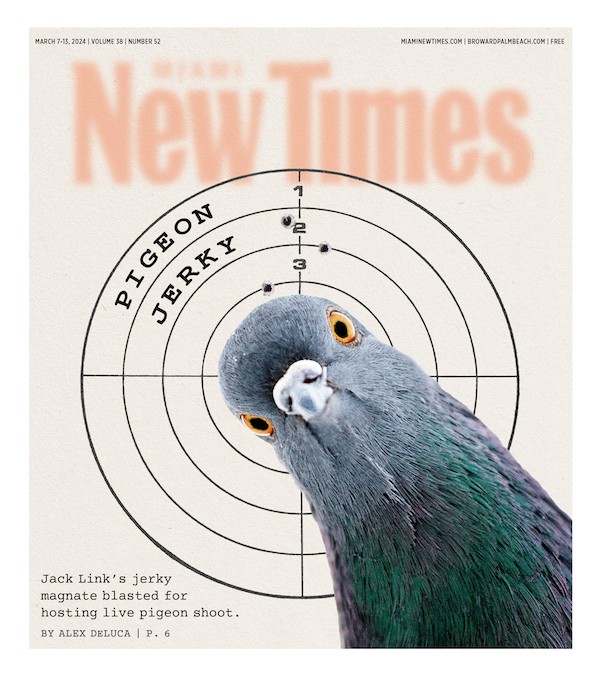It seems another Miami Dolphins player has been sued for allegedly giving a sexually transmitted infection (STI) to a partner.
A lawsuit filed in Florida court in late 2023 alleged that a Dolphins player infected his then-girlfriend with genital herpes after failing to warn her that he was carrying the virus.
The plaintiff claimed that several months after she noticed lesions on her partner, the couple underwent STI testing. According to the complaint, both subsequently tested positive for oral and genital herpes, a common, incurable virus that causes painful blisters.
The lawsuit claimed the player "owed a duty" to his ex to either refrain from sex or warn her that he was infected.
Although the online version of the complaint is redacted with black boxes that cover the text, the six-page document is readily viewable by simply copying and pasting its contents. (New Times is publishing neither the defendant's name nor the court venue out of respect for privacy. The plaintiff filed the case anonymously and is referred to as "Jane Doe" in the court documents.)
Despite a series of high-profile errors by courts and government agencies in recent years, the black-box redaction method persists.
While the herpes lawsuit remains pending in the court docket, attorneys for both the plaintiff and the player tell New Times the case is no longer being actively litigated. Neither lawyer specified whether a settlement was executed, and no settlement or case dismissal is noted on the docket.
The player's attorney declined to comment further about the case or the redaction blunder.
This is the second case in the past 16 months in which a Dolphins player has been accused of negligently giving a partner an STI.
In late 2022, similar claims against Xavien Howard made national headlines after a woman alleged the veteran cornerback knew he had herpes but failed to warn her about it before they had sex — allegations Howard's attorney claimed were fabricated. The woman later dropped the suit.
"Xavien Howard never had genital herpes in the first place; the entire basis of her lawsuit was a literal impossibility," attorney Brad Sohn said on behalf of Howard at the time. "His accuser nevertheless lobbed out defamatory, absurd, and knowingly false claims, as one of several (unsuccessful) attempts to extort money from him."
The court documents in Howard's case were not redacted, though the plaintiff filed anonymously as "Jane Doe."
The redaction mishap in the more recent STI suit is only the latest example of what has become a common occurrence in the era of digital court files, affecting everyone from the FBI to Facebook's lawyers.
Notably, several months after the 2018 Parkland school massacre, a Broward County judge released a report about the school board's investigation into its handling of the shooter. Although the report was heavily redacted, a Sun Sentinel reader told the paper's reporters that copying the document and pasting the contents into Microsoft Word caused the redactions to disappear. The newspaper subsequently reported on the material.
And in November 2018, Wall Street Journal reporters were able to view blacked-out bits of documents submitted in a court case involving Facebook (now known as Meta) and a bikini-photo app called Six4Three. The inadequately hidden text revealed that the social network had previously considered selling access to user data for as much as $250,000 per client company.
Sports
Improperly Redacted Docs Reveal STI Suit Against Miami Dolphins Player
In recent years, everyone from the FBI to Facebook's lawyers have dealt with redaction failures involving court documents.

Stock photo of document redactions
Photo by Christopher Ames/Getty Images
[
{
"name": "Editor Picks",
"component": "17482312",
"insertPoint": "4",
"requiredCountToDisplay": "1"
},{
"name": "Inline Links",
"component": "18711090",
"insertPoint": "8th",
"startingPoint": 8,
"requiredCountToDisplay": "7",
"maxInsertions": 25
},{
"name": "Air - MediumRectangle - Combo - Inline Content",
"component": "17482310",
"insertPoint": "8th",
"startingPoint": 8,
"requiredCountToDisplay": "7",
"maxInsertions": 25
},{
"name": "Inline Links",
"component": "18711090",
"insertPoint": "8th",
"startingPoint": 12,
"requiredCountToDisplay": "11",
"maxInsertions": 25
},{
"name": "Air - Leaderboard Tower - Combo - Inline Content",
"component": "17482313",
"insertPoint": "8th",
"startingPoint": 12,
"requiredCountToDisplay": "11",
"maxInsertions": 25
}
]










